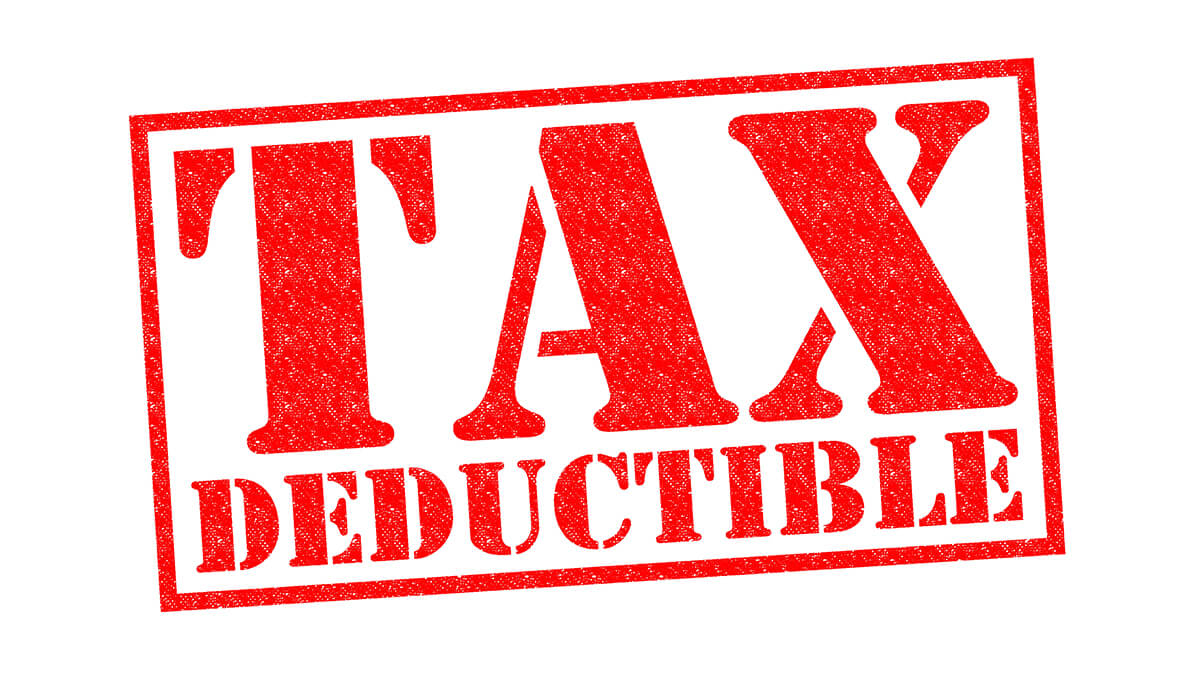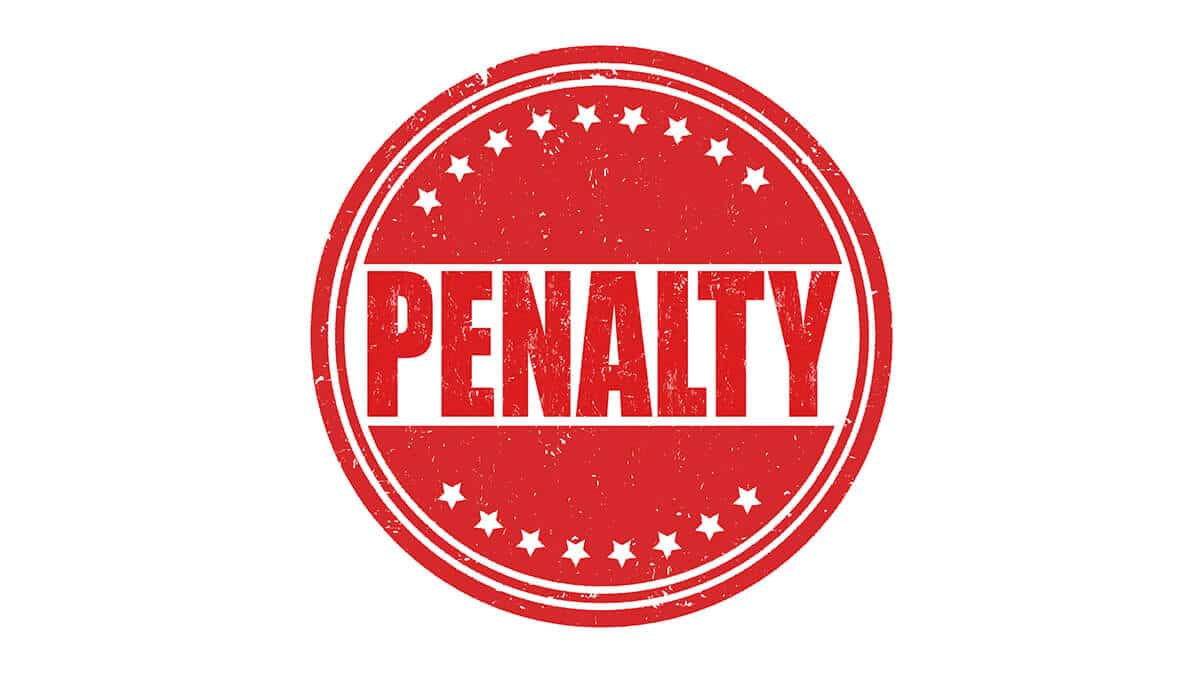In this guide
Most employers know they are not required to pay super contributions for the genuine contractors their business uses to provide a range of services.
But simply calling someone a contractor – or asking for their ABN – doesn’t release you from obligations under super law to make Super Guarantee (SG) contributions on their behalf.
So how do you decide who is or isn’t a contractor?
Who’s an employee for super purposes?
Deciding who is a contractor and who is an employee is important when it comes to making super contributions for your staff. If you get it wrong, the ATO can impose some pretty costly penalties.







